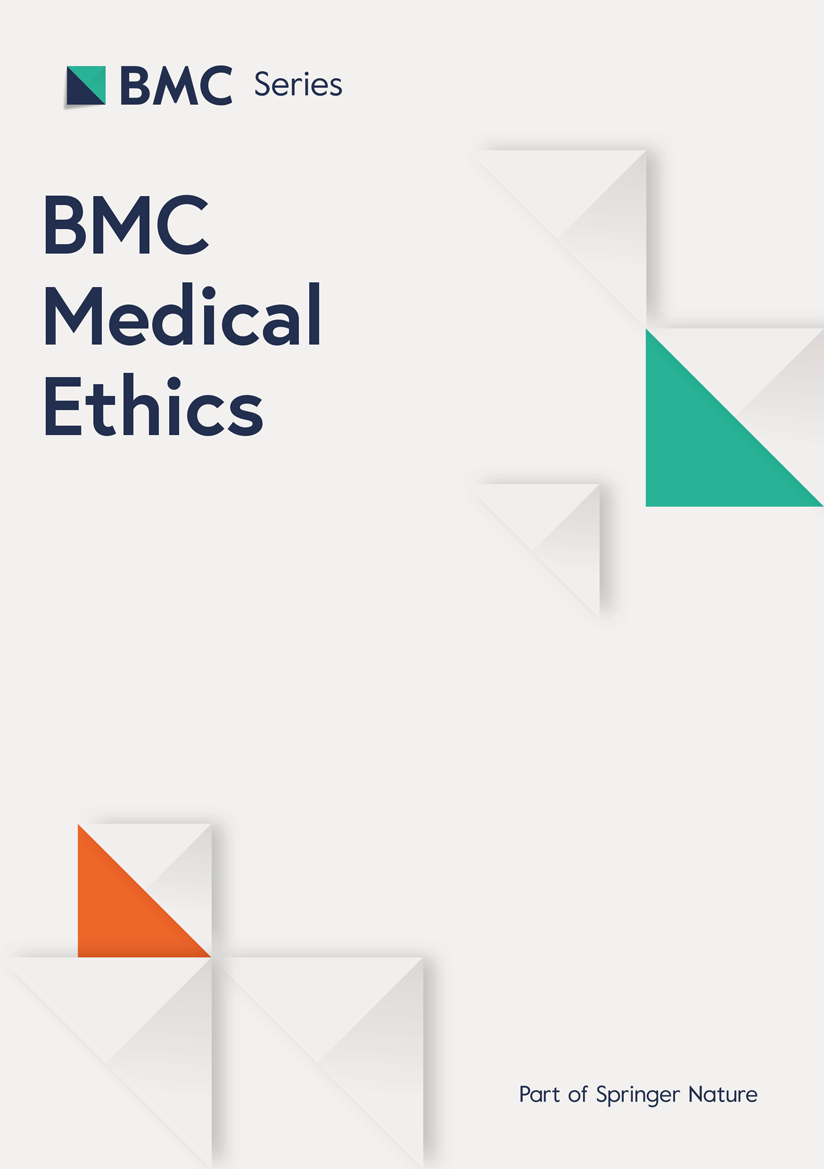On pandemics and the duty to care: whose duty? who cares?
Carly Ruderman, C. Shawn Tracy, Cecile M. Bensimon, Mark Bernstein , Laura Hawryluck, Randi Zlotnik Shaul and Ross E.G. Upshur
BMC Medical Ethics 2006, 7:5 doi:10.1186/1472-6939-7-5
Carly Ruderman, C. Shawn Tracy, Cecile M. Bensimon, Mark Bernstein , Laura Hawryluck, Randi Zlotnik Shaul and Ross E.G. Upshur
BMC Medical Ethics 2006, 7:5 doi:10.1186/1472-6939-7-5
Abstract (provisional)
Background
As a number of commentators have noted, SARS exposed the vulnerabilities of our health care systems and governance structures. Health care professionals (HCPs) and hospital systems that bore the brunt of the SARS outbreak continue to struggle with the aftermath of the crisis. Indeed, HCPs--both in clinical care and in public health--were severely tested by SARS. Unprecedented demands were placed on their skills and expertise and their personal commitment to their profession was severely tried. Many were exposed to serious risk of morbidity and mortality, as evidenced by the WHO figures showing that approximately 30% of reported cases were among HCPs, some of whom died from the infection. Despite this challenge, professional codes of ethics are silent on the issue of duty to care during communicable disease outbreaks, thus providing no guidance on what is expected of HCPs or how they ought to approach their duty to care in the face of risk.
Discussion
In the aftermath of SARS and with the spectre of a pandemic avian influenza, it is imperative that we (re)consider the obligations of HCPs for patients with severe infectious diseases, particularly diseases that pose risks to those providing care. It is of pressing importance that organizations representing HCPs give clear indication of what standard of care is expected of their members in the event of a pandemic. In this paper, we address the issue of special obligations of HCPs during an infectious disease outbreak. We argue that there is a pressing need to clarify the rights and responsibilities of HCPs in the current context of pandemic flu preparedness and that these rights and responsibilities ought to be codified in professional codes of ethics. Finally, we hope to further advance the debate by presenting a brief historical accounting of the treatment of the duty to care in medical codes of ethics and by providing some potential avenues forward.
Summary
An honest and critical examination of the role of HCPs during communicable disease outbreaks is needed in order to provide guidelines regarding professional rights and responsibilities, as well as ethical duties and obligations.

Comment